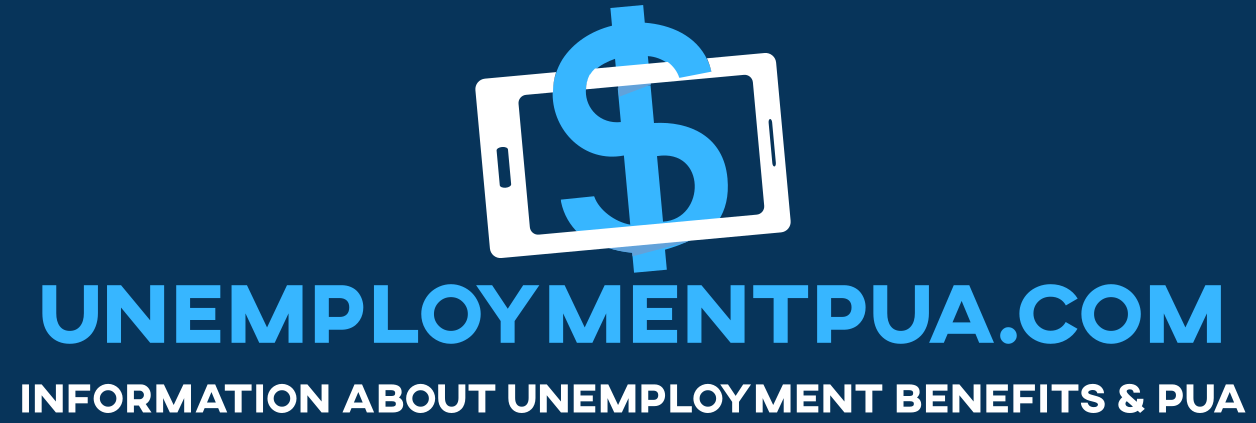Can I work part time and still collect unemployment and the $600 FPUC?
If I go back to work part time, will I still get the UI benefits and extra $600?
Also see: Table: Partial Unemployment Eligibility by State
As the economy begins to slowly re-open, a lot of people are being offered part-time work, or being called back to their work. However due to
the economic circumstances, many employers are only offering reduced hours. Many of these employees are currently
collecting unemployment benefits, including the extra $600 Federal Pandemic Unemployment Compensation (FPUC). For those employees,
returning to work will result in earning a lot less than what they were collecting through the unemployment insurance.
For example. Sandy H. from California emailed us asking about her situation. She was getting $450 weekly benefit amount (WBA) from the EDD,
plus the $600 FPUC, for a total of $1050. But she was now called back to work at reduced hours, and would only be earning $300 a week. That is a big
difference, of $750 a week and around $3,750 a month which is a huge difference! Sandy would rather stay on Unemployment, but refusing
the job offer would mean that she loses eligibility for unemployment benefits and will make nothing. So is it possible for her to work part time
and still collect unemployment benefits since she is earning so little?
This is a question being asked by many now, as more and more work becomes available and refusing work could mean
loss of benefits, and especially with the extra $600 FPUC? Can you work part time and still get those benefits? In most cases,
you are allowed to work part time and earn up to a certain amount and still collect unemployment. Unemployment benefits you get may be
reduced because of your earnings, but as long as you still qualify for even $1 of weekly unemployment benefits, you still get the
$600, which can make a lot of difference and help make ends meet.
What's the maximum amount you can earn weekly while still collecting unemployment benefits? The answer varies by state.
Refer to this chart and to your state's handbook for the requirements
specific to your state. For example, in California, the first 25% of your earnings do not count against your benefits. So if we look at
Sandy's example, she will be making $300 a week. 25% of that (so $75) won't count against her benefits, and the rest ($225) will be subtracted from
her WBA so that she now still gets $225 ($450-$225) per week, and the extra $600, so she will be getting $825 UI Benefits plus $300 from her job,
for a total of $1,125. So because of the FPUC she will still be making around the same, if not more, while not having to refuse job. The maximum amount
she could earn per week from working would be $599. she would then get $1 of unemployment benefits but still get the $600. But let's say her boss
offerred her $650 per week, she would lose her unemployment benefits and actually make less then what she was making through unemployment, because of no
longer getting the $600 FPUC either.
Again, every state is different and the above example might not apply to you, check your state's handbook
for eligibility requirements to make sure you are not disqualified from getting UI. For example in New York you cannot work more than 3 days and
earn over the maximum benefit rate. In Minnesota, you may be eligible for partial benefits as long as you work fewer than 32 hours
a week and earn less than your weekly benefits amount.
So in conclusion, it is possible to work part time and still get payed. How many hours you can work and the maximum amount you can earn when working
will be determined by your state's eligibility requirements. And remember it is important to report all your weekly earnings when certifying,
otherwise you might end up having to repay your benefits with penalties and interest if your state unemployment's office finds out you have not
been reporting earned wages correctly.
